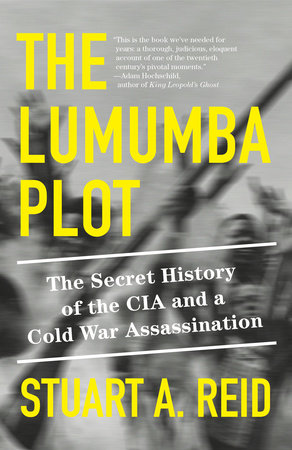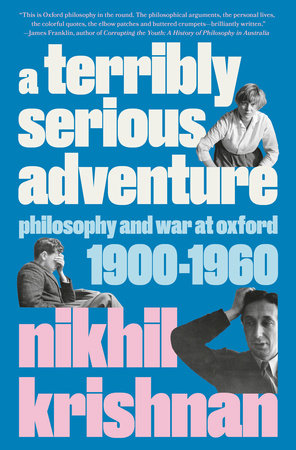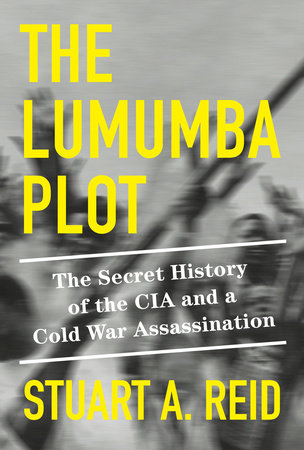

The Lumumba Plot
By Stuart A. Reid
By Stuart A. Reid
By Stuart A. Reid
By Stuart A. Reid
By Stuart A. Reid
Read by Michael Boatman
By Stuart A. Reid
Read by Michael Boatman
Category: African World History | World Politics
Category: African World History | World Politics
Category: African World History | World Politics | Audiobooks

-
$35.00
Oct 17, 2023 | ISBN 9781524748814
-
Oct 17, 2023 | ISBN 9781524748821
-
Oct 17, 2023 | ISBN 9780593788202
1096 Minutes
Buy the Audiobook Download:
YOU MAY ALSO LIKE
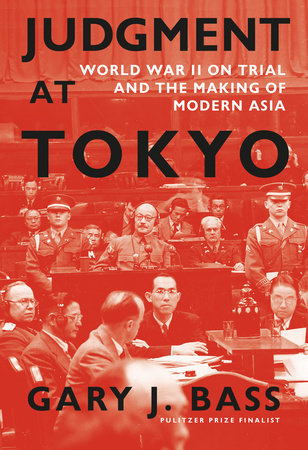
Judgment at Tokyo
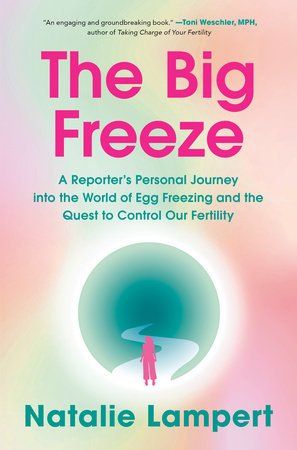
The Big Freeze
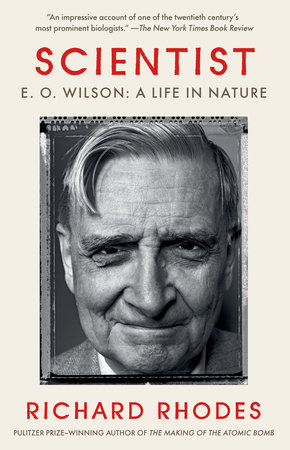
Scientist
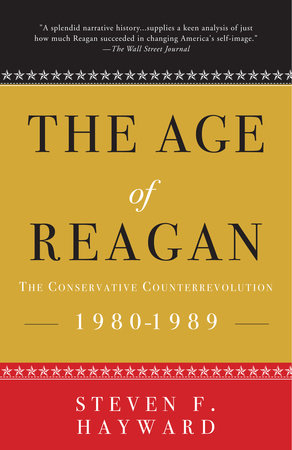
The Age of Reagan: The Conservative Counterrevolution
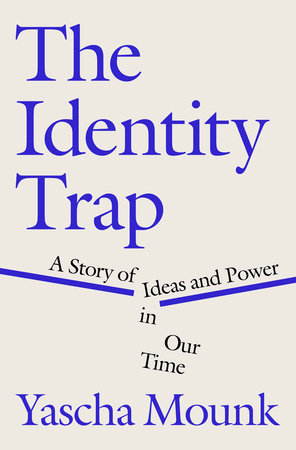
The Identity Trap
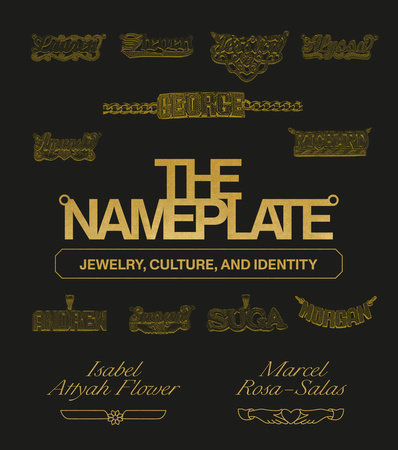
The Nameplate

The Politics of Fear
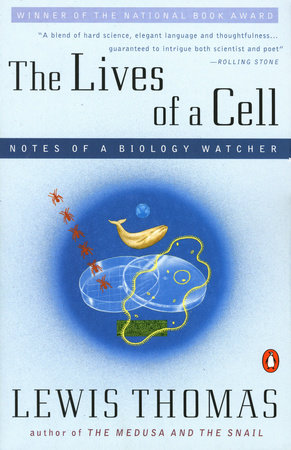
The Lives of a Cell
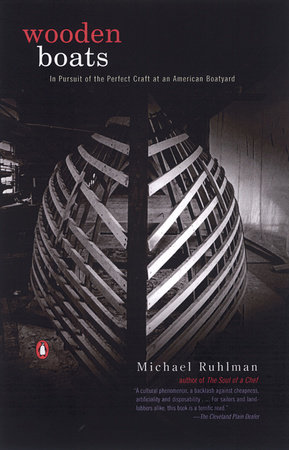
Wooden Boats
Praise
“Fascinating. . . . Reid develops his main characters beautifully, especially Lumumba. . . . [A] carefully researched book that warns us about what is lost when tensions between great powers play out in the developing world. ” —The New York Times Book Review
“Reid has brought welcome narrative coherence to a globe-spanning, multilayered story. He manages a difficult balancing act, serving up the detail that will satisfy experts while providing the dramatic tension and character analysis craved by the general reader. Despite the story’s complexity, one’s attention never wanders.” —The Atlantic
“[The Lumumba Plot] is many things at once: a biography, a history of Congo’s chaotic independence, a dissection of the UN’s first big peacekeeping mission and a thriller about plots to kill Lumumba. There are villains of every stripe, from rogue Belgian pilots to shamelessly scheming UN officials and racist ambassadors. This is a tragic tale but also a rollicking read. . . . Lumumba’s life might seem of a distant, dramatic era. Yet this story feels timely.” —The Economist
“Masterfully stitching together testimonies like these as well as interviews, investigations, diplomatic cables and a thorough assessment of a range of declassified files, the book often reads like a John le Carré novel, partly thanks to Reid’s gripping writing style. . . . Groundbreaking.” —Financial Times
“This is the book we’ve needed for years: a thorough, judicious, eloquent account of one of the twentieth century’s pivotal moments. Patrice Lumumba’s murder was a tragedy not just for his young and troubled country but also for the way it stimulated Washington’s illusion that America could rearrange the world to its liking. Stuart Reid captures this ominous turning point with the clear-eyed wisdom it deserves.” —Adam Hochschild, author of King Leopold’s Ghost: A Story of Greed, Terror, and Heroism in Colonial Africa
“This is one of the best books I have read in years. Stuart Reid writes beautifully, and the story he tells is gripping, full of colorful characters and strange plot twists. There is a powerful lesson here as well. When America gets paranoid about foreign enemies, it can make choices that are politically foolish and morally indefensible.” —Fareed Zakaria, host of Fareed Zakaria GPS on CNN, Washington Post columnist, and New York Times best-selling author
“A powerful account. The author casts tremendous clarity on this important period and how essentially the world looked away. An evenhanded work of deep scholarship that clearly elucidates a largely hidden piece of U.S. foreign policy.” —Kirkus Reviews (starred review)
“Sweeping and detailed. Reid’s elegant prose features sharply etched sketches of historical figures, especially of the dynamic, irrepressible Lumumba. This riveting study makes of Lumumba a Shakespearean figure undone by tragic flaws.” —Publishers Weekly (starred review)
“Stuart Reid has done the impossible. He makes the almost mythical Lumumba human by placing him firmly in the context of Congolese postcolonial politics and Cold War geopolitics. By recounting how this inspired but flawed man moved a nation, he shows how Lumumba played an outsize role in shaping Africa and indeed the world in his short lifetime. Deeply researched and thrilling to read, Reid’s work heralds a new voice and new perspective on contemporary African history.” —Uzodinma Iweala, CEO of the Africa Center and author of Beasts of No Nation
“Gripping, brilliantly written, and sobering. In Reid’s deft hands, the tragic Lumumba story reads like a le Carré thriller. Full of narrative details interwoven into a compelling analysis, The Lumumba Plot renders the past urgent for understanding the world in which we live today.” —Caroline Elkins, professor of history and African and African American studies, Harvard University, and winner of the Pulitzer Prize
21 Books You’ve Been Meaning to Read
Just for joining you’ll get personalized recommendations on your dashboard daily and features only for members.
Find Out More Join Now Sign In








